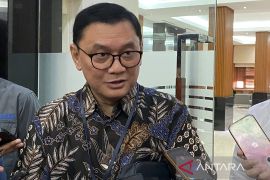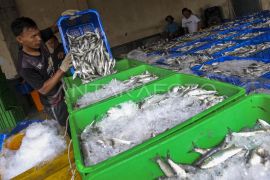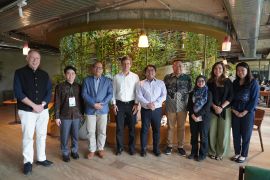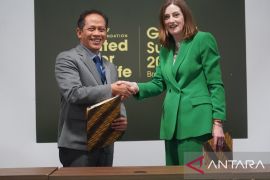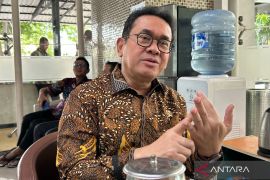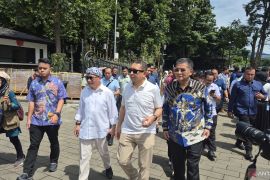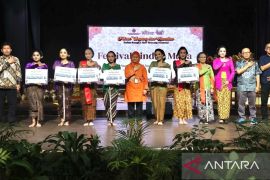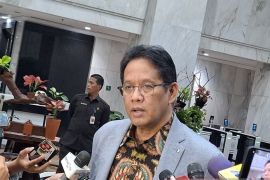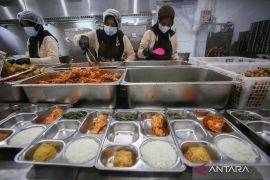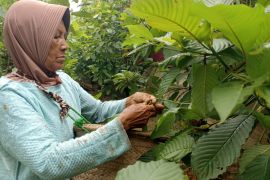"Matters relating to ensuring equal treatment (in trade) and avoiding any discriminatory treatment in business competition should be discussed with trade partners," Lukita stated.
President Joko Widodo will attend the summit, scheduled to be held on Nov 10-11 in Da Nang, Vietnam.
"Today, I was scheduled to hold eight bilateral meetings, and one by one we will discuss the issue," Lukita noted, adding that discussion with trade partners will not be that easy.
"It seems that (the negotiations) would not run easily, as the US has a different stance," he continued.
He quoted the example of the palm oil sector where Indonesia has faced a black campaign against its products.
"We fight through diplomacy, and I have warned them. If they adopt an anti-dumping policy, I can do that too, and if they discriminate against our products, we can do that too. However, is that what we want in our deals? Of course not, so let us ensure an equal treatment," Lukita explained.
According to the minister, bilateral trade between Indonesia and Vietnam has increased sharply.
"The exports of some commodities have increased by 100 percent, especially instant food, and this good news has been the positive impact of the Association of Southeast Asian Nations free trade agreement. However, we have to be careful with small- and medium-scale enterprises. We have to prepare them to face the era," he remarked.
The government has vowed to simplify regulations to improve Indonesias competitiveness.
The APEC summit will focus on realizing a sustainable economy and regional integration, improving competitiveness of SMEs, and tackling the impact of climate change and agriculture issues.
The APEC has entered its final phase of realizing the Bogor Goals on trade and investment liberalization by 2020.
The 21 members of the APEC are Australia, Brunei Darussalam, Canada, Chile, China, Hong Kong, Indonesia, Japan, South Korea, Malaysia, Mexico, New Zealand, Papua New Guinea, Peru, the Philippines, Russia, Singapore, Taipei, Thailand, the US, and Vietnam.
Its members represent 39 percent of the worlds population, which contributed 57 percent of the global gross domestic product and 49 percent of the global trade. (*)
Editor: Heru Purwanto
Copyright © ANTARA 2017
